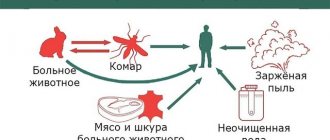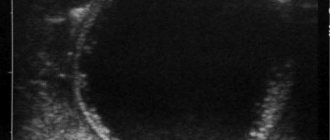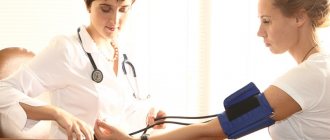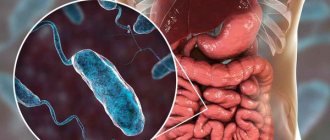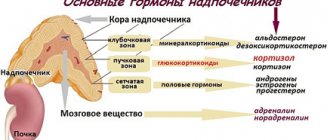Bacteria that cause toxic infection
Toxic infection can occur for several reasons, the main one of which is the entry into the body of bacteria that produce toxins. The most common pathogens of food poisoning are:
Staphylococcus aureus is a bacterium whose toxins affect the intestines. Considering that this is one of the most common bacteria, it can be contained in anything, while constantly being in the environment that surrounds us. Most often it is found in food products (this environment is the most acceptable for the bacterium). At the same time, food products left in a room at room temperature will be an almost ideal environment in which staphylococcus is most predisposed to multiply.
Bacillus cereus - appears mainly in undercooked rice, and, like most bacteria, multiplies at room temperature. It is one of the most dangerous bacteria, as it does not destabilize even when boiled again.
Diet, nutrition for food poisoning
Diet Table No. 4
- Efficacy: therapeutic effect after 7-10 days
- Time frame: 21 days
- Cost of products: 1120-1150 rubles. in Week
Diet for poisoning
- Efficacy: therapeutic effect after 5-10 days
- Terms: 5-15 days
- Cost of products: 1200-1300 rubles per week
Diet for intestinal infections in children
- Efficacy: therapeutic effect after 10 days
- Terms: 1 month or more
- Cost of products: 1250-1350 rubles per week
Diet for food poisoning is a necessary measure. First of all, it is necessary to exclude from the diet of the sick person fatty foods, foods with a high content of fats and carbohydrates, as well as foods that can cause gas formation in the intestines (as a rule, all of the above properties are inherent in unhealthy foods).
You can eat cereals, boiled meat, soft-boiled eggs, crackers, low-fat cottage cheese, low-fat soups, boiled vegetables (if added to the soup). Recommended products are also rice, semolina, and buckwheat porridges cooked in water. In no case should you eat fried foods (fried potatoes, grilled chicken, cutlets, steak, scrambled eggs), flour foods (fresh bread, pasta, spaghetti, baked goods), legumes (beans, peas), sweets (sweets, cookies) , chocolate, condensed milk). You will need to exclude coffee, carbonated water, and cold drinks. A diet for foodborne illness should be prescribed either by a doctor or a nutritionist .
If the prevention of food poisoning is observed and the necessary measures are constantly taken, the likelihood of getting sick is reduced to almost zero. However, the possible consequences of non-compliance can be very dangerous. Sometimes a serious illness can be mistaken for ordinary poisoning; the consequences of such an error can be irreversible, and it is possible that they will even lead to death. Many diseases of the esophagus arise precisely because of poor nutrition, or consumption of low-quality foods.
In this regard, it is strongly recommended to carefully select food products and check their expiration dates. Since the symptoms of foodborne illness are essentially similar to many of the symptoms of other gastrointestinal diseases, it is still recommended to seek medical help.
General information
Food poisoning is food poisoning, which can be caused not only by bacteria that produce toxins , but also by toxins if they were contained in food.
Once in the body along with the food consumed, the bacteria are “activated” producing substances harmful to the human body. It is not uncommon for several people to get sick at once if they consumed foods that initially contained bacteria and toxins. It is in the case that people ate the same food, and their well-being significantly worsened over time, that we are talking about a group disease of toxic infection . Since food poisoning is similar to other poisonings, the symptoms and treatment methods may be largely the same. In fact, the disease does not have any serious complications other than causing diarrhea, vomiting and dehydration. However, if you do not provide timely assistance to someone who is sick, the consequences can be very unpredictable.
Prevention of food poisoning
Prevention of foodborne illnesses primarily involves washing your hands before eating . You should also monitor the quality of the food you eat. That is, pay attention to the condition of the products, their expiration date, while not leaving them for a long time in a warm environment without first covering them with anything.
When traveling to southern countries, a necessary part is to see which diseases are most common. If among them there are intestinal diseases caused by poisoning and E. coli, it is not recommended to buy fast food from street vendors.
Generally, in third world countries, the most common intestinal disease is dysentery . In restaurants, it is advisable to refrain from eating salads, iced cocktails, or cold appetizers. In this case, drink only boiled water. If you drink raw water, the likelihood of contracting almost any intestinal disease increases significantly. We should not forget that in addition to poisoning, raw water can carry parasite eggs, which is why the water you drink must be boiled.
